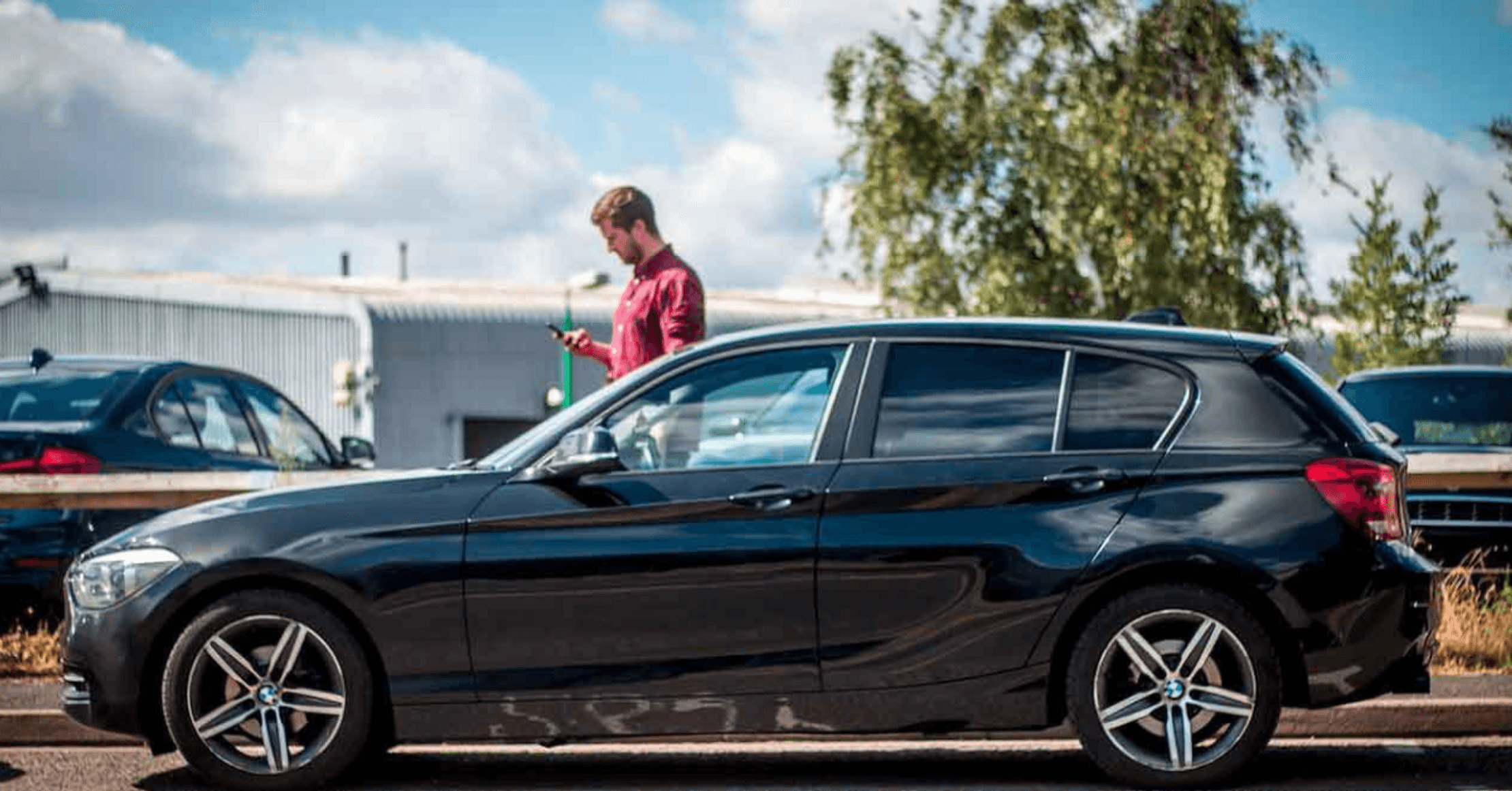Why data is driving the future of intelligent parking solutions

Anthony Eskinazi, CEO and founder of JustPark takes a look into the future of parking and sees the continued integration of data and technology at its core.
It’s no secret that technology and data are closely aligned. We’re constantly exchanging data as part of our everyday lives, be it streaming the latest box set, chewing the fat in the group chat or finding your way using a navigation app.
The parking sector is no different: data and consumer insights are becoming the foundation upon which commercial parking solutions are built, especially as we move towards a post-COVID-19 world.
The proliferation of car parks using a mobile-based, digital parking solution, such as JustPark, means that we will be able to accelerate digitisation of the parking industry.
If more people are managing their parking and making payments on a digital platform, this generates more data about peoples’ habits, which can finally make parking more intelligent. With deeper pools of parking data, we can aggregate and analyse behaviours, allowing both operator and customer to make more informed decisions.
Knowing that a space is available
An example of this is publicly-accessible, real-time and predictive availability modelling. I think we can all understand why it would be helpful for motorists to know if a parking space is available, especially with the rise of public EV charging. Parking operators have become good at understanding parking availability, particularly in car parks, where in and out flows give visitors a good idea of how likely they are to find a space.
Availability modelling becomes more difficult when it comes to on-street parking, however, where the current solution is to install sensors into a parking space, which monitor whether it is occupied or not. This can be prohibitively expensive for many local authorities, and it is also rendered useless if parking spots are hotly contested and become occupied within a minute or so of being made vacant.
With rich data available from the GPS from phones, we can instead use data modeling and analysis to predict parking availability for a given area in real time. For example, if a driver parks on-street to go into a shop, we’ll know when their parking session begins, how far away from the shop they have parked, and when they’ve paid using their phone. We can then work out how long it will take them to get back to the car, and, therefore, when that space will be available.
If we can do this on a macro scale, we can then say with a high degree of certainty that a driver looking for parking on a particular street has a percentage chance of finding a space, depending on the time of day and weather.
Data also gives the parking industry an opportunity to better understand its customers. As it stands, a family could visit the same shopping centre every weekend, without the retailer having any idea whether that family is spending their time shopping in Primark, sitting in the cinema or eating at a particular restaurant in the food court.
In a world where an online retailer knows exactly what each of its customers likes, and is able to market to them accordingly, this puts ‘bricks and mortar’ retailers at a significant disadvantage. With data, retailers can build up a profile of their customers and tailor their offering to individuals, providing unique marketing, offers and promotions to them at the moment they park.
Using parking data to benefit the wider society
Integrating parking into a wider data ecosystem also allows local authorities to better manage the flow of traffic around a city based on external factors. For example, if congestion or air quality in a city is particularly high, the authority can use dynamic pricing to switch to a higher pricing band to dissuade people from entering the area by car. It also helps planners understand where demand is greatest for new infrastructure, such as EV charging points, allowing them to deploy funding as efficiently as possible.
In fact, this is an area where we are already seeing local authorities and commercial operators choosing to future proof their offering. West Wittering Estate, a privately owned estate open to the public, uses JustPark’s pre-book service to restrict parking levels to limit overcrowding. This was used to great effect last summer, when many UK tourist destinations saw dangerously high numbers of visitors during the holiday season.
However, all of these future possibilities require full visibility of the parking sessions taking place, which can only be achieved when a critical mass of motorists are paying for parking using their phone. This is something that is now more likely to happen more quickly due to changing attitudes brought about by Covid-19.